Fetid: Word Meaning, Examples, Origin & Usage in IELTS
6 min read
Updated On
-
Copy link
The word ‘fetid’ means ‘having a heavy, offensive, stale smell’. Expand your vocabulary by discovering how ‘fetid’ is used, learning its history, exploring its synonyms and antonyms, and practicing through the provided exercises to achieve a Band 9 score.
Table of Contents

Limited-Time Offer : Access a FREE 10-Day IELTS Study Plan!
Whenever you pass by a dustbin full of garbage or enter a moldy basement, an unpleasant smell hits your senses. You might have wondered what word you can use to describe it or have simply tagged it ‘bad odor’. Well, when you are preparing for the IELTS exam, using or repeating words will not fetch you a good score. So, you need to know that the exact word to describe that ‘bad smell’ is fetid.
However, to use it appropriately for a good score, you need to know it. So, in this blog, we will discuss the meaning, history, and proper usage of the term ‘fetid’, solidify your understanding through practical exercises, and add it to your IELTS Vocabulary words list for Band 8 or 9 to achieve your desired score.
Meaning of Fetid
Pronunciation: /ˈfiːtɪd/ (sounds like: feh·tuhd)
Fetid is an adjective that describes something that has a strong, foul, or rotting smell, usually caused by decay, stagnation, or neglect. It is often used to describe garbage, sewage, swamps, or unventilated areas.
Often associated with decay, filth, or neglect, it is a powerful adjective that evokes the sensory discomfort of a truly disgusting smell. This word is especially useful in vivid descriptions, narratives, or critical essays, making it a strong addition to your advanced vocabulary.
History and Origin of Fetid
The word ‘fetid’ has ancient roots and has preserved its core meaning, ‘to stink’, throughout centuries. It originated from Latin and passed through Old French before becoming part of the English language in the 15th century.
|
Language |
Word |
Meaning |
|---|---|---|
|
Latin |
fetidus |
Stinking; having a bad smell |
|
Old French |
fétide |
Having an unpleasant smell |
|
English |
fetid |
Foul-smelling; offensive to the nose |
Over time, ‘fetid’ has remained a formal and literary term, often used in environmental reports, descriptive writing, or academic discussions about pollution, sanitation, or decay.
Usage & Examples of Fetid
While the word ‘fetid’ is not common in everyday speech, it is perfect for IELTS Writing or descriptive storytelling. Here are some examples of how it can be used in the correct contexts.
- The fetid odor from the garbage dump made it impossible to breathe.
- As the swamp water evaporated, it released a fetid mist that clung to the air.
- After weeks of neglect, the fridge had become fetid with moldy leftovers.
- The prisoner was held in a fetid cell with no light or ventilation.
- The fetid breath of the dragon made the knight recoil in disgust.
Using ‘Fetid’ as Different Parts of Speech
Now, let us look at some example sentences where the word, fetid, has been used in its noun form, besides working as a descriptive word.
|
Part of Speech |
Usage of ‘Fetid’ in Sentence |
|---|---|
|
Noun examples – Fetidity, Fetidness |
|
|
Adjective (Fetid) |
|
Learn how to maximize your word power for the IELTS exam!
Book a FREE IELTS online class!
IELTS Usage of ‘Fetid’
Using the word ‘fetid’ in IELTS Speaking or Writing Task 2, especially in topics related to pollution, urban decay, climate change, and public health, demonstrates high-level vocabulary, and the ability to express environmental or sensory conditions vividly.
IELTS Writing Task 2 Example
- Topic: Environmental pollution is one of the greatest threats to humanity today. Do you agree or disagree?
- Sample Use in an Essay Body Paragraph: Unregulated landfills produce a fetid environment, affecting both air quality and human health. The decaying waste emits harmful gases and unbearable odours, which not only pollute nearby neighbourhoods but also cause respiratory issues. Governments must impose stricter waste management policies to curb this growing environmental hazard.
Speaking Part 2 Sample Answer
- Cue Card: Describe a place you disliked.
- Answer Excerpt: “Last summer, I visited a poorly maintained market area. The fetid smell of open drains and decaying vegetables made it unbearable to stay there for long.”
Join us in our free webinars to learn tricks to improve IELTS vocabulary! Join Now!
Synonyms of Fetid
In the table, there are some synonyms for fetid, that you can use for IELTS Writing and Speaking, each explained with the meaning and a sample sentence.
|
Synonym |
Meaning |
Example Sentence |
|---|---|---|
|
Putrid |
decaying or rotting and emitting a fetid smell |
The meat had turned putrid after being left out overnight. |
|
Foul |
extremely unpleasant, especially to the senses |
A foul smell came from the clogged drain. |
|
Rancid |
having a strong, unpleasant smell or taste due to spoilage |
The butter had gone rancid in the summer heat. |
|
Malodorous |
smelling very unpleasant |
The malodorous alley was avoided by everyone. |
|
Rank |
having a strong, unpleasant smell |
The rank odor of sweat filled the locker room. |
Trying to learn advanced vocabulary for your IELTS exam?
Begin with our Vocabulary for IELTS!
Antonyms of Fetid
The opposite of ‘fetid’ refers to things that smell pleasant or neutral. In the table below, you will find some antonyms, or opposites to boost your IELTS vocabulary.
|
Antonym |
Meaning |
Example Sentence |
|---|---|---|
|
Fragrant |
having a pleasant smell |
The garden was filled with fragrant roses and lavender. |
|
Aromatic |
having a strong pleasant smell |
The kitchen was rich with the aromatic scent of cinnamon and cloves. |
|
Perfumed |
having a pleasant or sweet smell due to added fragrance |
She wore a scarf lightly perfumed with jasmine. |
|
Sweet-smelling |
having a pleasant scent |
The bakery emitted a sweet-smelling aroma of fresh bread. |
|
Redolent |
strongly reminiscent or suggestive of (used also with smell) |
The room was redolent of pine and citrus. |
Exercises to Master the Meaning of Fetid
Now, it is time to complete the exercises that follow to improve your understanding of the word ‘fetid’.
Exercise A: One sentence in each group does not use fetid correctly. Identify the incorrect sentence and explain why.
1 A The fetid air from the dumpster made me gag.
B The old socks had become fetid after a week in the gym bag.
C The landscape was fetid with bright flowers and lush trees.
2 A The fetid water in the abandoned swimming pool became a breeding ground for mosquitoes.
B Her fetid voice echoed through the auditorium.
C The fetid stench from the sewer made walking down the street unbearable.
Exercise B: Replace the word in bold with fetid only if it makes sense. If it doesn’t, write "Incorrect Use."
1 The rotting garbage made the entire street stink.
2 The peaceful meadow was filled with wildflowers and the smell of fresh grass.
3 The cellar had a musty smell after the flood.
4 After being locked for months, the room had a horrible, rotten smell.
Answer Key
|
Exercise A |
Exercise B |
|---|---|
|
1. C (‘Fetid’ means foul-smelling, which contradicts the pleasant image of flowers and trees.) 2. B ( ‘Fetid’ refers to smell, not sound. Voice cannot be fetid.) |
1. The fetid garbage made the entire street stink. 2. Incorrect Use 3. The fetid cellar had a musty smell after the flood. 4. After being locked for months, the room was filled with a fetid smell. |
The word fetid is not just about a bad smell; it is about evoking a sensory image that makes the reader or listener feel the discomfort. It is best suited for vivid descriptions in writing or formal speaking. So, start using it appropriately while taking free IELTS practice tests for writing or speech to make your description come alive in a not-so-pleasant way!
Useful Links:
- Ruminate: Word Meaning, Examples, Origin & Usage in IELTS
- Florid: Word Meaning, Examples, Origin & Usage in IELTS
- Vicissitude – Word of the Day for IELTS
- Check Your English Vocabulary for IELTS Exam Free PDF
- Advanced Grammar for IELTS: Common Adverb+Adjective Collocations
- Advanced Vocabulary for IELTS 7.0-9.0: Practice Exercises and Answer Key (Part 1)
Explore IELTS Resources

Start Preparing for IELTS: Get Your 10-Day Study Plan Today!
Check out other Word of the Day Articles
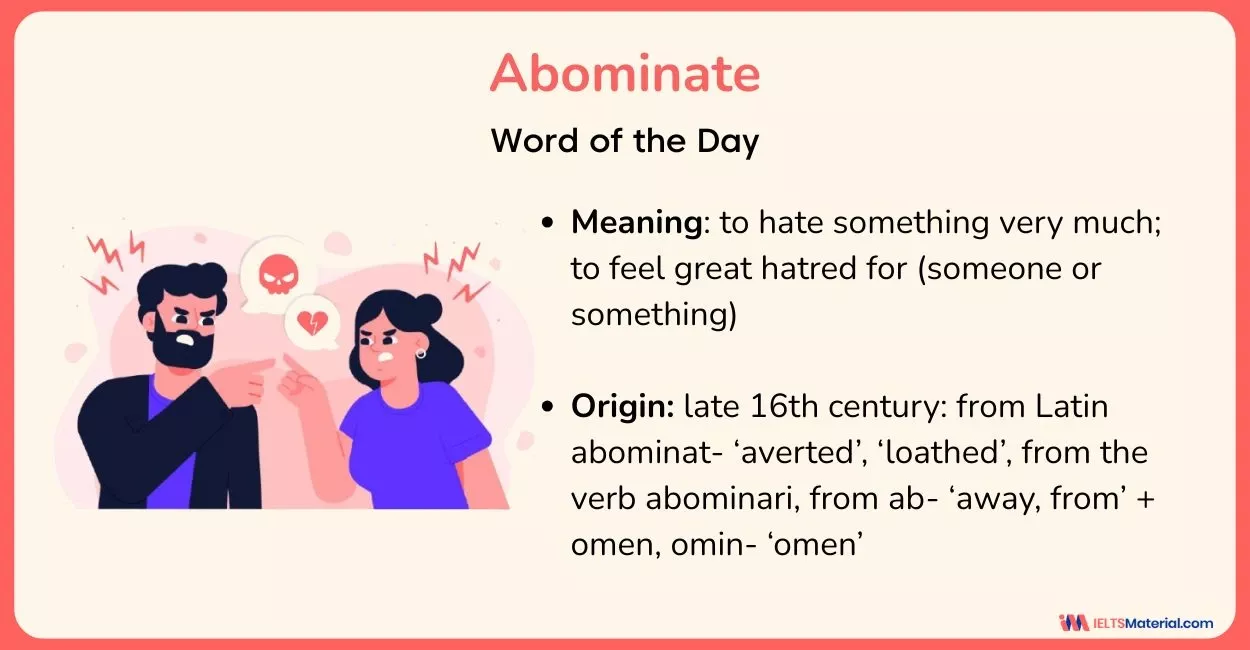
Haniya Yashfeen
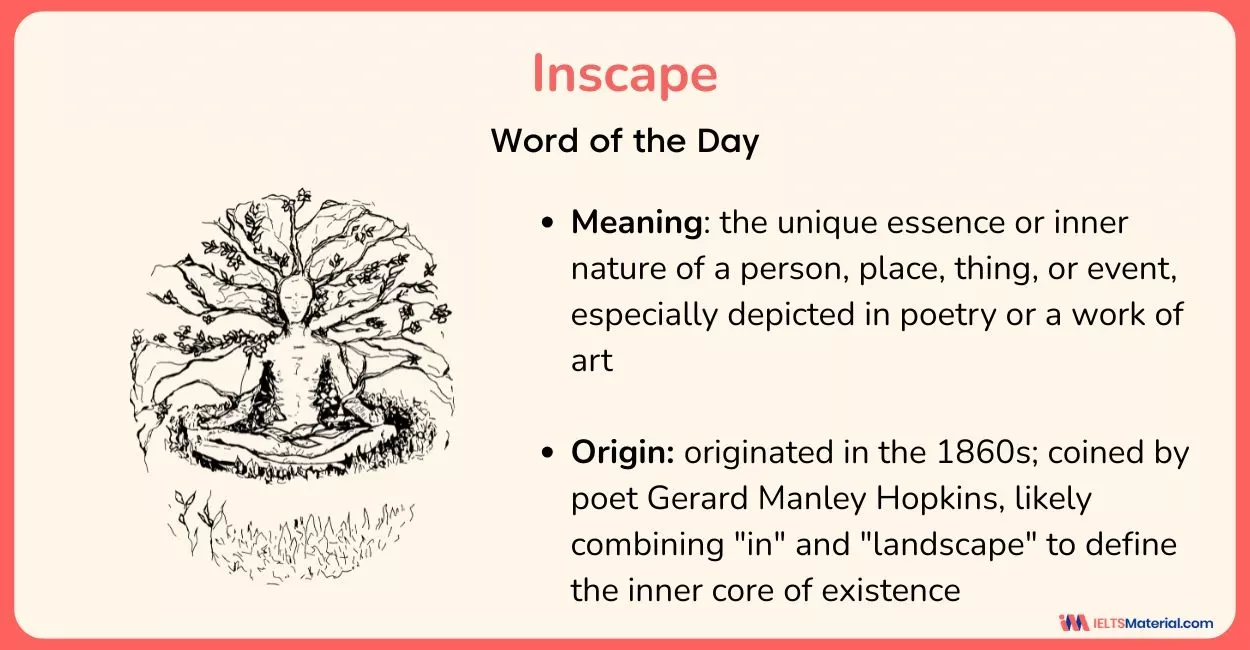
Prity Mallick
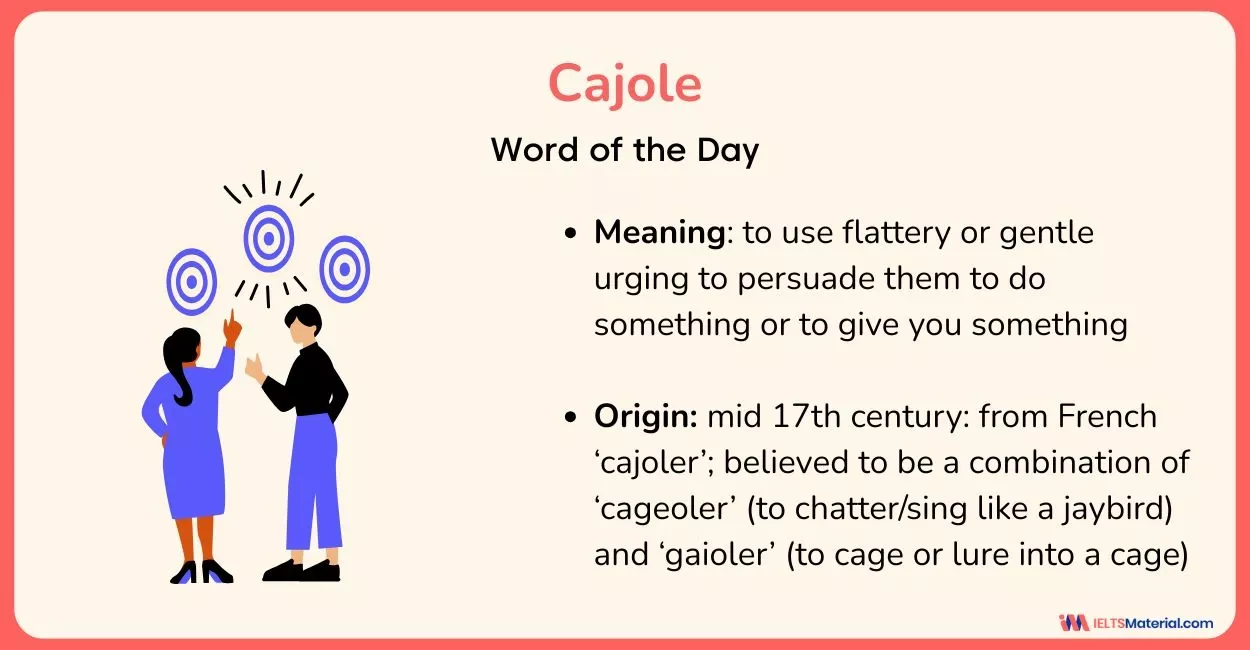
Prity Mallick
Recent Articles
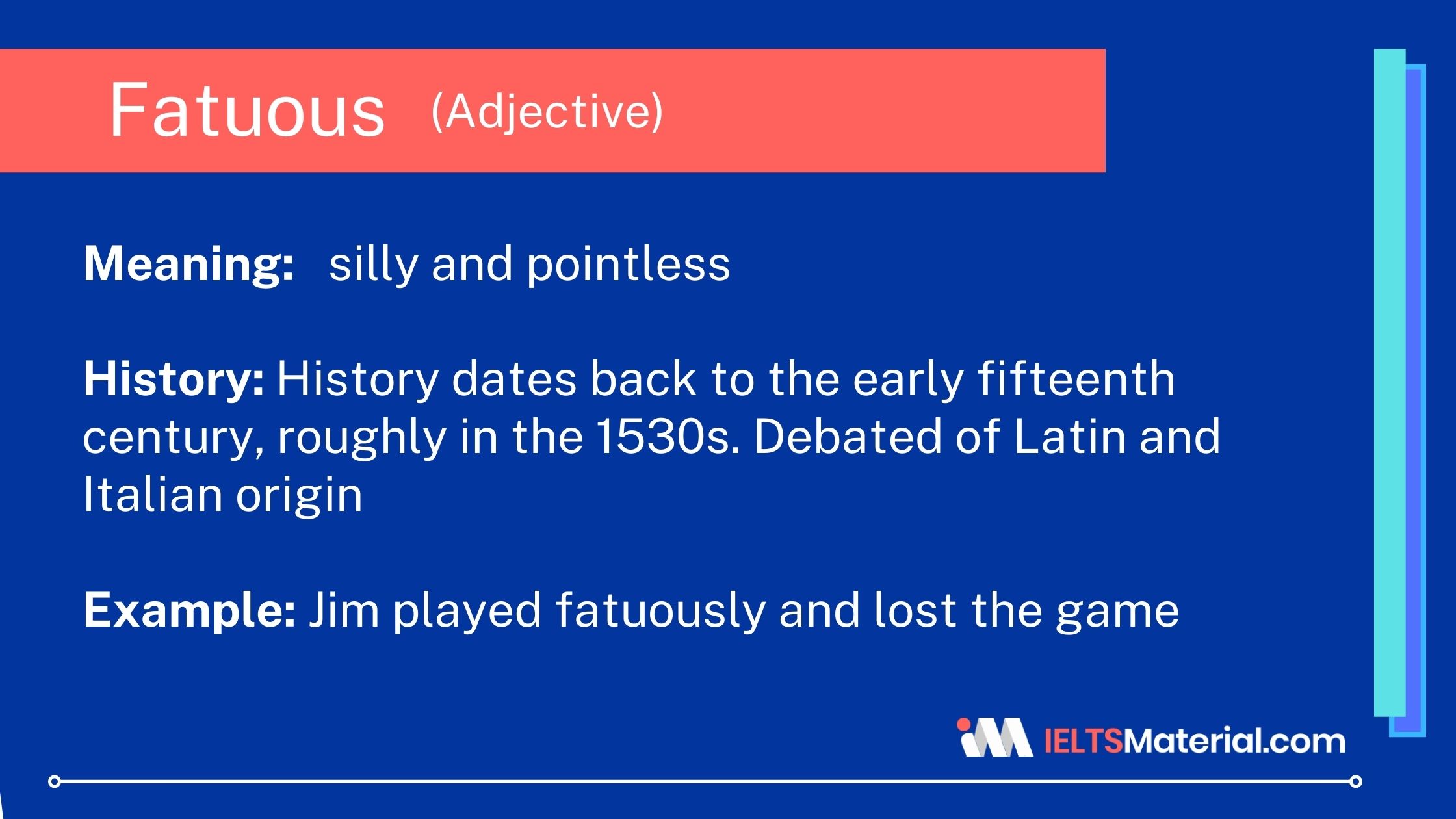
Kasturika Samanta

Kasturika Samanta
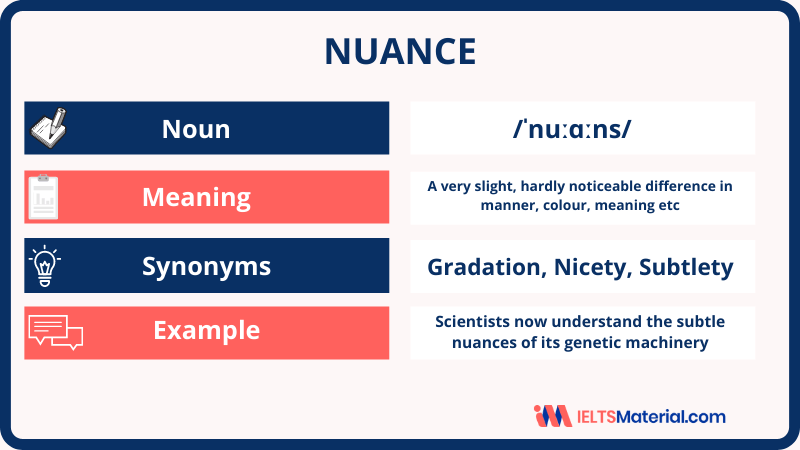
Kasturika Samanta
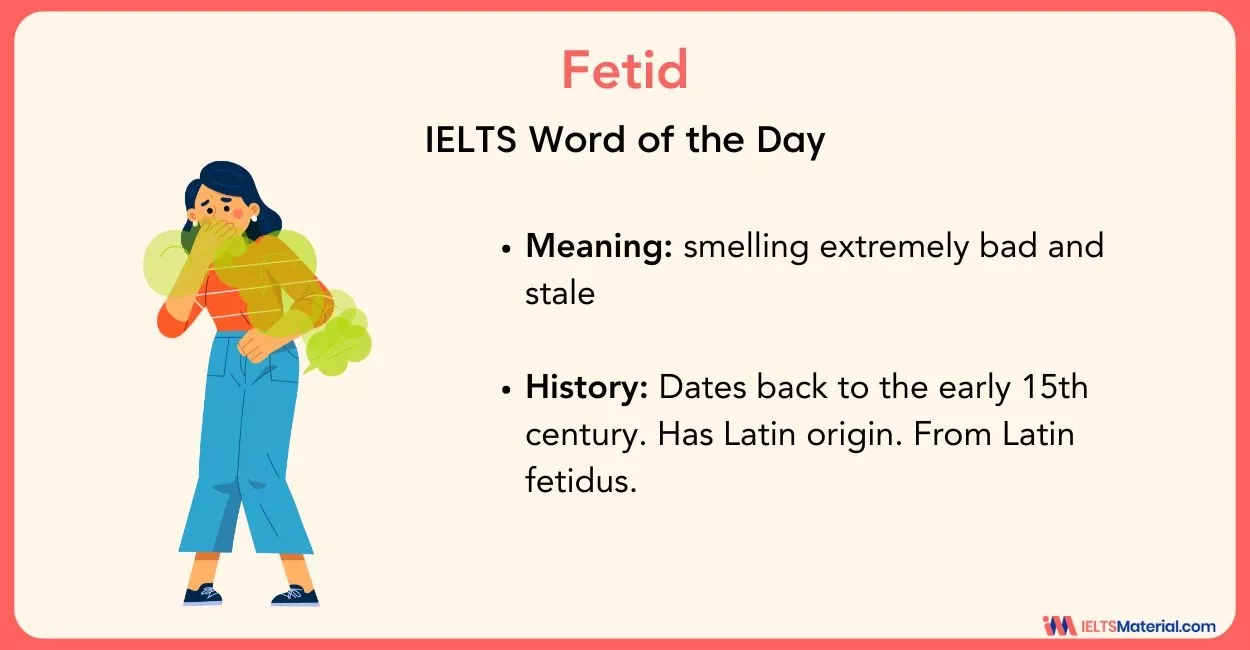





Post your Comments